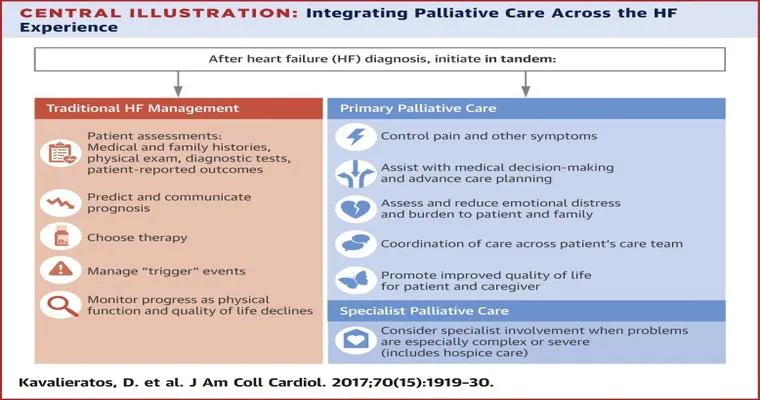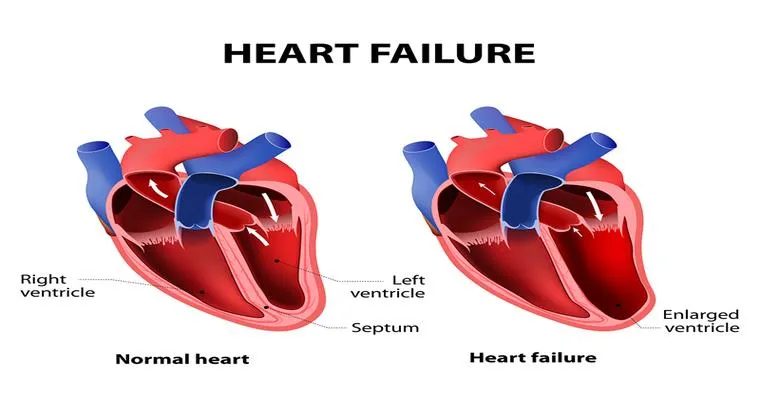Heart failure is a complex medical condition that requires effective "communication" between healthcare providers, "patients", and their "caregivers". When these groups collaborate through open dialogue and shared understanding, the outcomes for individuals living with heart failure can significantly improve. This article explores the importance of communication in managing heart failure and how fostering these relationships can lead to better health results.
The foundation of successful heart failure management lies in the ability to convey essential information. Patients often have questions about their "symptoms", "treatment plans", and the significance of lifestyle changes. Caregivers play a critical role in this equation, as they not only support patients emotionally but also help them understand and adhere to medical advice. When healthcare providers prioritize clear and compassionate communication, they empower both patients and caregivers, leading to increased adherence to treatment regimens.
One major barrier to effective communication is the medical jargon that often permeates healthcare discussions. It is essential for healthcare professionals to simplify complex terms and provide explanations that are easy to understand. This approach not only helps patients grasp their condition better but also reassures caregivers who may feel overwhelmed by the information. For instance, explaining the importance of monitoring "fluid intake" or recognizing "symptom exacerbation" in straightforward language can significantly enhance compliance and proactive management.
In addition to simplifying language, it is crucial to establish a "supportive environment" where patients and caregivers feel comfortable expressing their concerns. Regular follow-up appointments and check-ins can provide opportunities for patients to ask questions and share their experiences. Healthcare providers should actively encourage this dialogue, ensuring that both patients and caregivers feel heard and validated. When patients are engaged in their care process, they are more likely to adhere to treatment recommendations and make necessary lifestyle changes.
Moreover, technology can be a powerful ally in enhancing communication. Digital tools such as patient portals, mobile health applications, and telehealth services allow for more frequent interactions between patients, caregivers, and healthcare providers. These platforms can facilitate reminders for medication, provide educational resources, and allow for real-time discussions about any emerging issues. By leveraging technology, healthcare teams can create a more interactive and responsive care environment.
Another important aspect of communication is ensuring that caregivers receive proper education and support. Often, caregivers bear the brunt of managing heart failure at home, which can lead to burnout and stress. Providing caregivers with resources, training, and support groups can help them feel more equipped to handle the challenges of caregiving. When caregivers are well-informed and supported, they can more effectively assist patients in adhering to their treatment plans and recognizing potential complications early.
In conclusion, the journey of managing heart failure does not have to be faced alone. Better "communication" between healthcare providers, "patients", and "caregivers" is crucial for achieving optimal health outcomes. By prioritizing clear, compassionate dialogue, utilizing technology, and supporting caregivers, the healthcare community can create a more effective and collaborative environment for managing heart failure. As we continue to improve communication strategies, we pave the way for better health and quality of life for those affected by this challenging condition.





